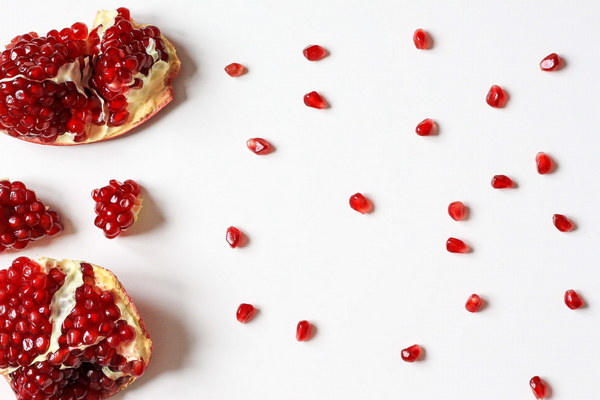Unlocking the Fountain of Youth The Potential of Anti-Aging Peptides in Modern Cosmetics
In recent years, the anti-aging industry has witnessed a surge in the development of innovative skincare products. Among these advancements, anti-aging peptides have emerged as a promising solution for combating the signs of aging. This article delves into the fascinating world of anti-aging peptides, exploring their mechanism of action, benefits, and applications in modern cosmetics.
What are Anti-Aging Peptides?
Anti-aging peptides are short chains of amino acids that have been designed to target specific skin concerns, such as wrinkles, sagging, and dullness. These peptides mimic the natural processes of the skin, helping to enhance its overall appearance and elasticity.
Mechanism of Action
The primary function of anti-aging peptides is to stimulate the production of collagen and elastin, two essential proteins that maintain the skin's youthful appearance. Collagen provides structure and support, while elastin allows the skin to stretch and contract without losing its shape. As we age, the production of these proteins diminishes, leading to the appearance of wrinkles and sagging skin.
Anti-aging peptides work by binding to specific receptors on the skin's cells, triggering a cascade of events that ultimately result in increased collagen and elastin production. Some of the most common anti-aging peptides include:
1. Palmitoyl Oligopeptide: This peptide stimulates the production of collagen, helping to reduce the appearance of wrinkles and improve skin firmness.

2. Matrixyl 3000: A combination of two peptides, this formula helps to boost collagen production and improve skin texture.
3. Acetyl Hexapeptide-8: Also known as Argireline, this peptide works by relaxing facial muscles, reducing the formation of wrinkles over time.
Benefits of Anti-Aging Peptides
The use of anti-aging peptides in skincare products offers a wide range of benefits, including:
1. Improved skin texture: By stimulating collagen and elastin production, anti-aging peptides can lead to smoother, more even-toned skin.
2. Reduced appearance of wrinkles: These peptides can help to reduce the depth and visibility of wrinkles, giving the skin a more youthful appearance.
3. Increased skin elasticity: As collagen and elastin levels improve, the skin becomes more supple and less prone to sagging.
4. Enhanced skin hydration: Some anti-aging peptides have moisturizing properties, helping to keep the skin hydrated and plump.
Applications in Modern Cosmetics
Anti-aging peptides are used in various skincare products, such as serums, creams, and masks. Some of the most popular anti-aging peptide-containing products include:
1. Serums: These lightweight formulas are designed to be applied directly to the skin and offer a concentrated dose of anti-aging peptides.
2. Creams: Moisturizing creams with anti-aging peptides can provide long-lasting benefits and help to maintain skin hydration.
3. Masks: Sheet masks or clay masks containing anti-aging peptides can offer a quick and effective way to boost the skin's youthful appearance.
Conclusion
As the search for the fountain of youth continues, anti-aging peptides have emerged as a promising solution for combating the signs of aging. With their ability to stimulate collagen and elastin production, these peptides offer a safe and effective way to improve skin texture, reduce the appearance of wrinkles, and enhance overall skin health. As research in this field continues to evolve, it is likely that we will see even more innovative anti-aging peptide-based skincare products in the near future.









